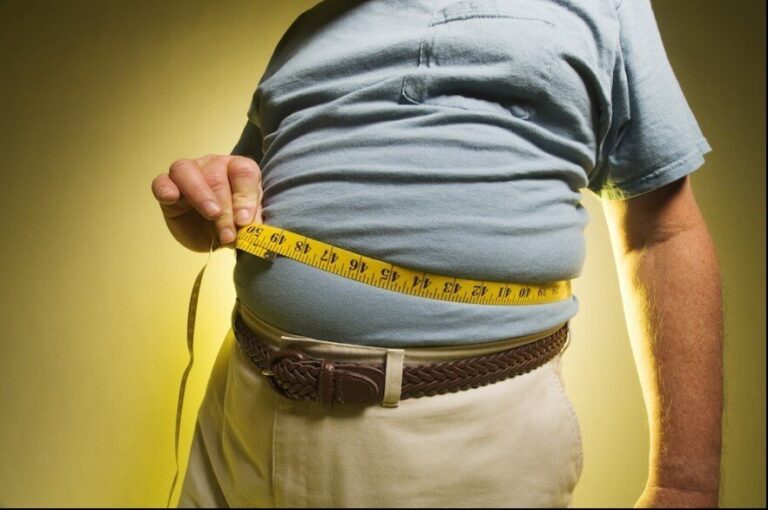According to a study of 2,516 children, poorly formulated weight loss diets increase the chance of developing obesity 3 times compared to adolescents who did not use diets. In addition, children in the first group were 6 times more likely to suffer from eating disorders in adulthood.
That is why it is necessary to approach the problem of excess weight in adolescents with extreme caution: you cannot put children on a low-calorie diet and force them to play sports without judgment. This approach is not only ineffective for weight loss, it can also create psychological trauma.
RELATED:
Overweight in adolescents
According to the WHO, more than 18% of adolescents between the ages of 12 and 18 are overweight. In addition, the figure tends to increase. Nutritionists around the world note that children tend to overeat and move less during quarantine-related homeschooling.
The refined carbohydrates and foods ultraprocesados play an important role; In the first case, we are talking about the consumption of sweet sodas, juices and sweets, in the second, instant pasta, cookies, mayonnaise and various “microwave foods”.
Simple carbohydrates with a high glycemic index disrupt the body’s hormonal balance, causing an overproduction of the hormone insulin, leading to overgrowth of soft adipose tissue. Trans fats contained in ultra-processed foods can alter the biochemistry of the body.
How does the child feel about his weight?
Self-esteem is one of the key factors in a child’s psychological health, self-perception, and successful communication with others. Observe the child’s behavior, trying to understand what problems concern him and whether these problems include excess weight.
Answer the following questions. If at least one of the answers is positive, the psychological discomfort created by excess weight to one degree or another prevents the child from fully enjoying life:
- Is the child considered ugly because he is overweight?
- Are you having trouble finding clothes?
- Does it bother you that you have a hard time exercising in physical education lessons?
- Do you have any physical ailments?
- Are his classmates laughing at him?
Recommendations for parents
Changing children’s eating habits begins with changing parents’ eating habits. In practice, this means that the diet of both a child and an adult should regularly include whole foods, lean meats: fish, chicken, eggs, vegetables and fruits, lean cheeses, and healthy fats such as nuts.
Juices, sodas, candy, and snacks (like potato chips or croutons) are “empty calorie” foods that easily lead to weight gain. Also, although many children do not like the taste of vegetables, it is often because their parents do not consume them.
Therefore, it is necessary to begin to lead by example and introduce vegetables into the diet in stages, with combinations of flavors that appeal to children and adolescents alike.
How to reduce excess weight in a teenager?
Pediatricians advise that it is necessary to focus not on the problem of excess weight itself, but on the habits that configure it. If you want your child to lose weight, first of all, start monitoring what snacks he eats throughout the day.
Stop buying chips, breadsticks, croutons and sweets, for him and for you. One of the main causes of weight gain is the imperceptible 300 extra calories consumed per day. The sooner healthy eating becomes a habit, the easier it will be to maintain a stable and healthy weight in the future.
Practical advice for parents of adolescents and children with obesity
Turn the new eating routine into a game; for example, cook a healthy meal with your child. Rate their comments, try to jointly find the products you like the most. Don’t push: If you don’t like broccoli, try green beans or zucchini.
Also try to develop the habit of eating at specific times, avoiding snacks and sweets at random times of the day. And keep in mind that stable, long-term results can only be achieved by reconsidering your approach to overall health.
Your task is to form common interests and activities by helping your child become an ally. Try to build positive associations with a healthy lifestyle by minimizing the stressor, without focusing all your attention on excess fat and weight loss.
ABSTRACT
If you want to help your child lose weight, you will need to move towards proper nutrition together. Emphasizing not losing weight, but the positive health effects of proper nutrition and exercise will help you reach the goal easier.







